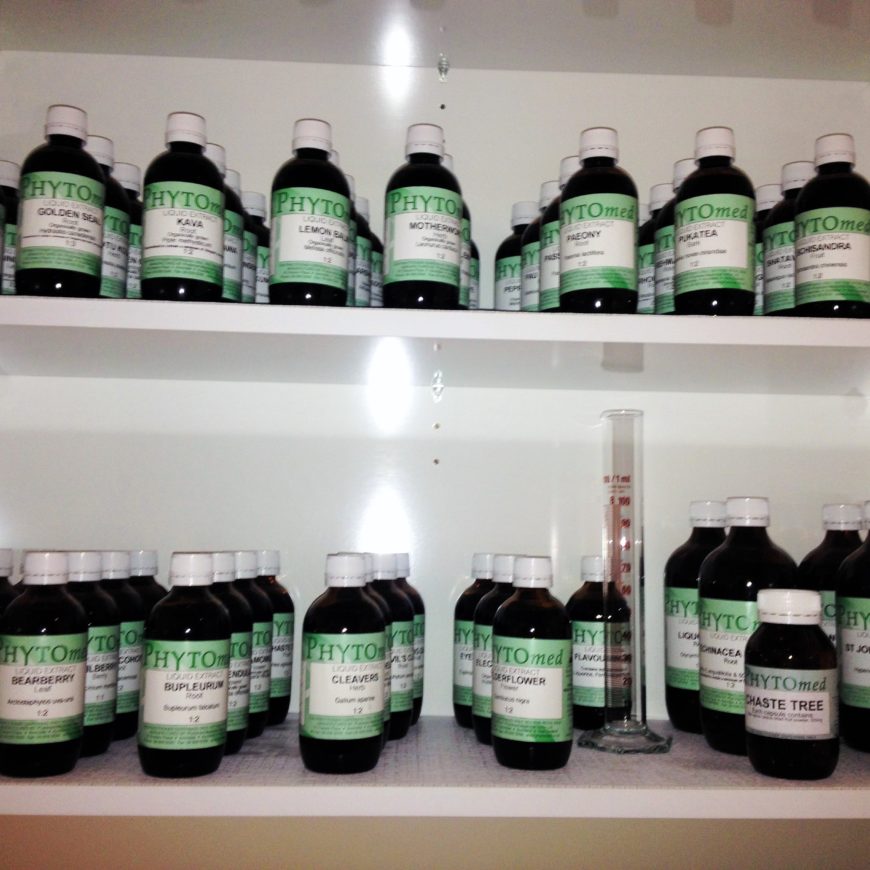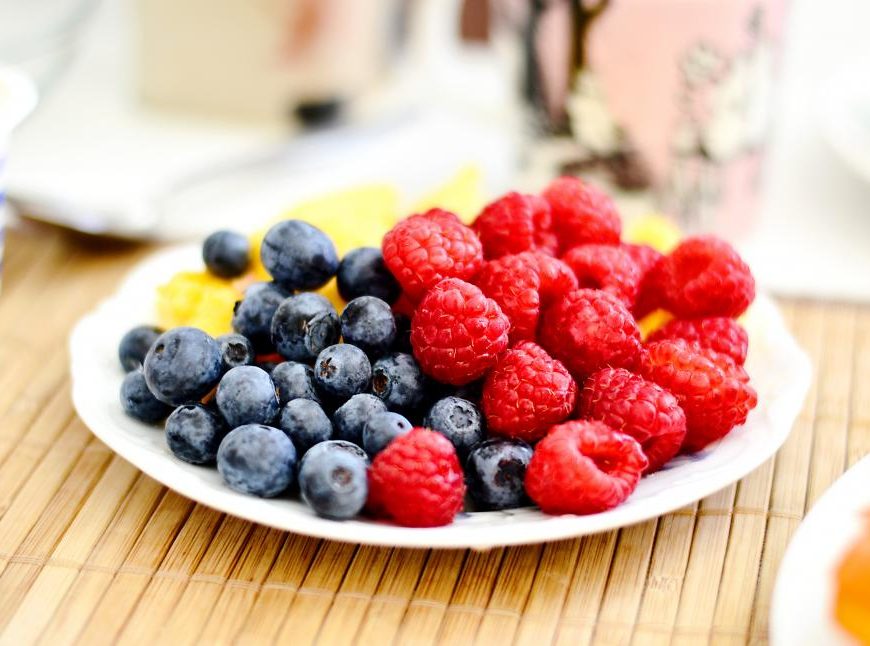A condition in which cells fail to respond normally to the hormone insulin. Insulin is produced when glucose is released into the bloodstream. Signs and symptoms include extreme thirst and hunger, hunger after eating and increased urination. If left untreated, it may result in diabetes.
- Balance carbohydrates, protein and fat at every meal/snack
Eat a balance of macronutrients to stabilise blood sugar levels. Protein, fat and fibre slows the release of sugar into the bloodstream.
- Eat natural, whole and unprocessed foods
Fruit, vegetables, whole grains, legumes, nuts, seeds, eggs, meat and seafood. Eliminate white foods e.g. bread, rice, pasta and potatoes.
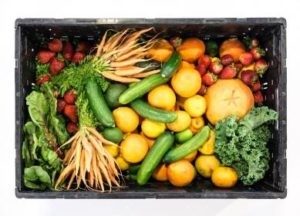 3. Omega 3
3. Omega 3
Eat salmon, mackerel, sardines, anchovies, flaxseeds/linseeds (and oil), chia seeds and walnuts. Omega 3 ensures healthy cell signalling and insulin sensitivity. Animal sources are more easily absorbed than plant sources, as the omega 3 is already present in its active form (EPA and DHA) and does not need to be converted like plant sources (ALA -> EPA and DHA).
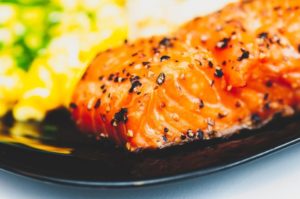 4. Dairy
4. Dairy
Not recommended as it spikes insulin and contains growth hormones (acting similarly to insulin). This includes milk, buttermilk, kefir, yoghurt, frozen yogurt, cream, sour cream, clotted cream, butter, cheese, cream cheese, cottage cheese, quark, crème fraiche, ice-cream, gelato, condensed milk, custard and milk powder.
5. Cinnamon
This spice balances blood sugar levels. Sprinkle 1 teaspoon per day on breakfast, hot drinks or add to a smoothie.
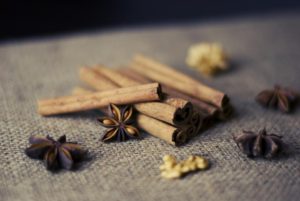 6. Chromium
6. Chromium
This mineral stabilises blood sugar levels. It is difficult to obtain therapeutic levels of chromium through diet, therefore, supplementation may be required. Take a supplement containing 1,000 mcg per day.
7. Magnesium
People with low plasma magnesium have higher insulin and blood sugar levels. Food sources include leafy green vegetables, nuts, seeds and cacao. It is a water-soluble mineral and must be consumed daily. It is difficult to obtain a sufficient quantity through diet alone, therefore, supplementation may be inevitable. Take a supplement containing 300-500mg per day. Tip: a simple test to determine if you are magnesium deficient is to stick your tongue out in front of a mirror – slight shaking or quivering indicates magnesium deficiency.
8. Caffeine
Promotes adrenaline and glucose in the blood, resulting in insulin release.
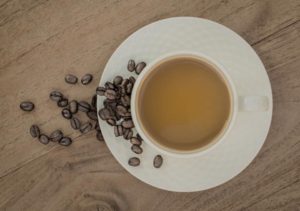 9. Alcohol
9. Alcohol
Rapidly converts into sugar in the blood and elevates glucose, resulting in an insulin response. Sparkling water with fruit is a refreshing alternative.
 10. Exercise
10. Exercise
One of the most effective ways to enhance insulin sensitivity (opposite of insulin resistance) of muscle cells, as glucose is stored in skeletal muscles as glycogen.

Consult with me to individualise your recommendations.



